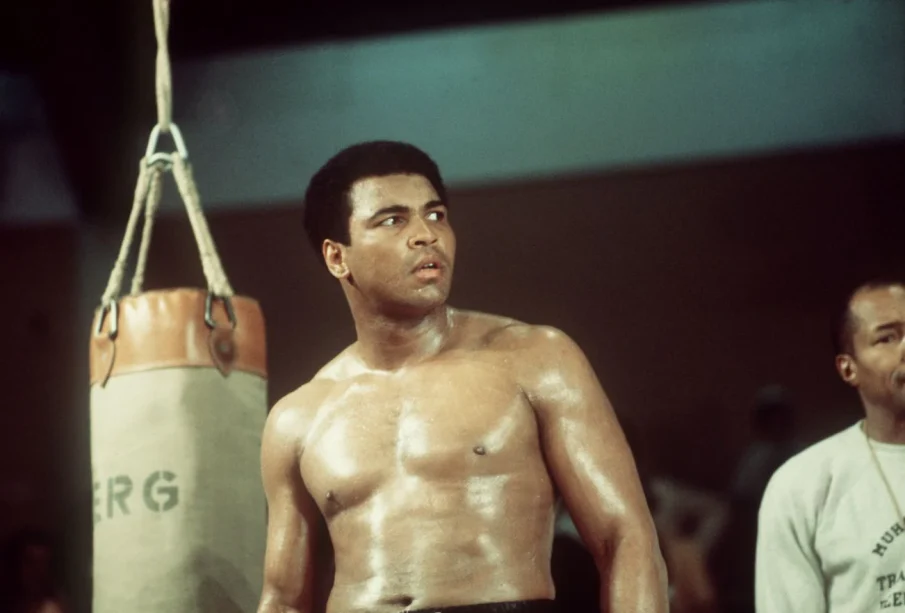The Life and Legacy of Muhammad Ali: A Champion’s Journey

Introduction
Muhammad Ali, born Cassius Marcellus Clay Jr. on January 17, 1942, remains one of the most significant figures in sports and cultural history. Known for his extraordinary talent inside the boxing ring and his strong presence outside of it, Ali revolutionised the perception of professional athletes. More than just a champion, he was a social activist and a voice for change. As the world commemorates the anniversary of his passing in 2016, it becomes increasingly important to reflect on his enduring legacy and influence on sports, social justice, and global culture.
Boxing Career Highlights
Ali’s boxing career spanned over two decades, and during that time, he achieved remarkable accomplishments. He initially gained international fame at the age of 18 when he won the gold medal in the light heavyweight division at the 1960 Rome Olympics. Shortly after turning professional, Ali captured the heavyweight title in 1964 by defeating Sonny Liston, becoming one of the youngest heavyweight champions in history.
His in-ring success continued with iconic matches against Joe Frazier, George Foreman, and Ken Norton. The ‘Fight of the Century’ against Frazier in 1971 was a historic event, representing much more than a boxing match; it encapsulated the cultural clash of the era. Ali’s ability to reclaim his title after being stripped of it for refusing military service during the Vietnam War solidified his status as a symbol of resilience and defiance.
Humanitarian Efforts and Activism
Ali was not just a boxer; he was a powerful advocate for civil rights, peace, and humanitarian causes. His refusal to fight in the Vietnam War, citing his religious beliefs and opposition to the conflict, made him a polarising figure and ultimately resulted in his boxing license being revoked for several years. However, he stood firm in his convictions, and this stance catalysed numerous discussions around race and morality.
Throughout his life, Ali devoted significant time to philanthropy and humanitarian work, including efforts to alleviate hunger and promote peace. His global outreach as a goodwill ambassador and his role as a mentor to young athletes underscored his commitment to making a positive impact in the world.
Legacy and Influence
The legacy of Muhammad Ali transcends boxing. He is remembered not only for his accolades but also for his unyielding spirit and profound influence on generations. His style encompassed dazzling footwork and powerful punches, but it was his charisma and wit that made him a cultural icon. Ali’s life encourages individuals to stand up for their beliefs, to champion social justice, and to pursue their passions relentlessly.
Conclusion
Muhammad Ali’s impact as a boxer, activist, and humanitarian will continue to inspire future generations. As fans and advocates commemorate his contributions, they highlight the importance of using one’s platform to effect change and promote equality. His legacy endures, reminding us that champions are made not only through their achievements but also through their courage and dedication to the betterment of society.









